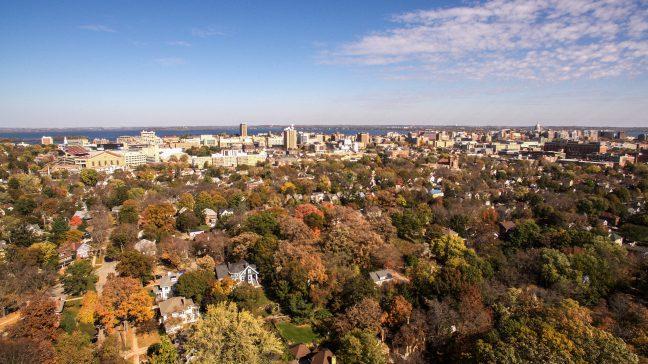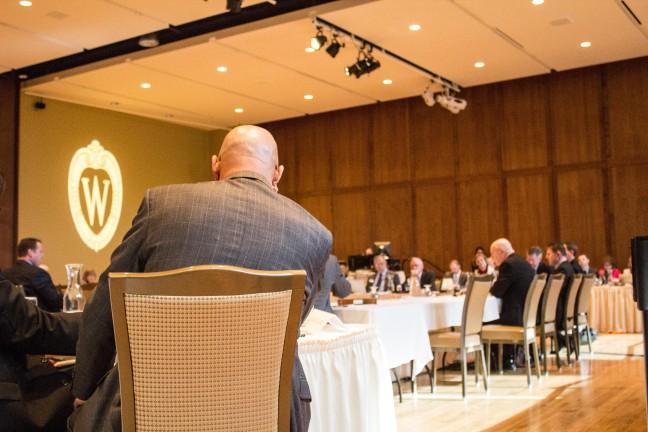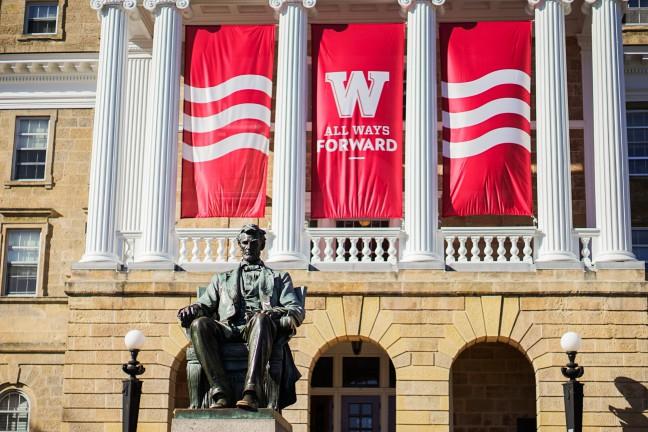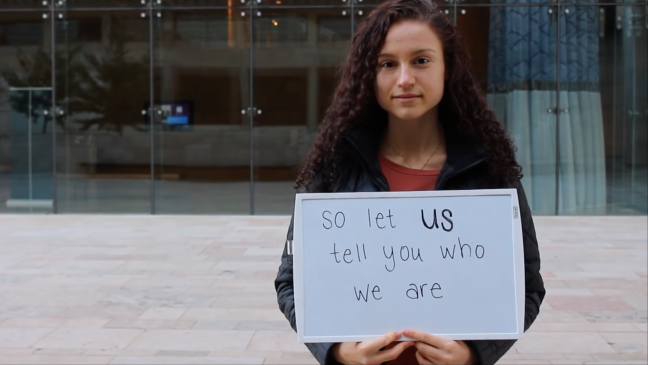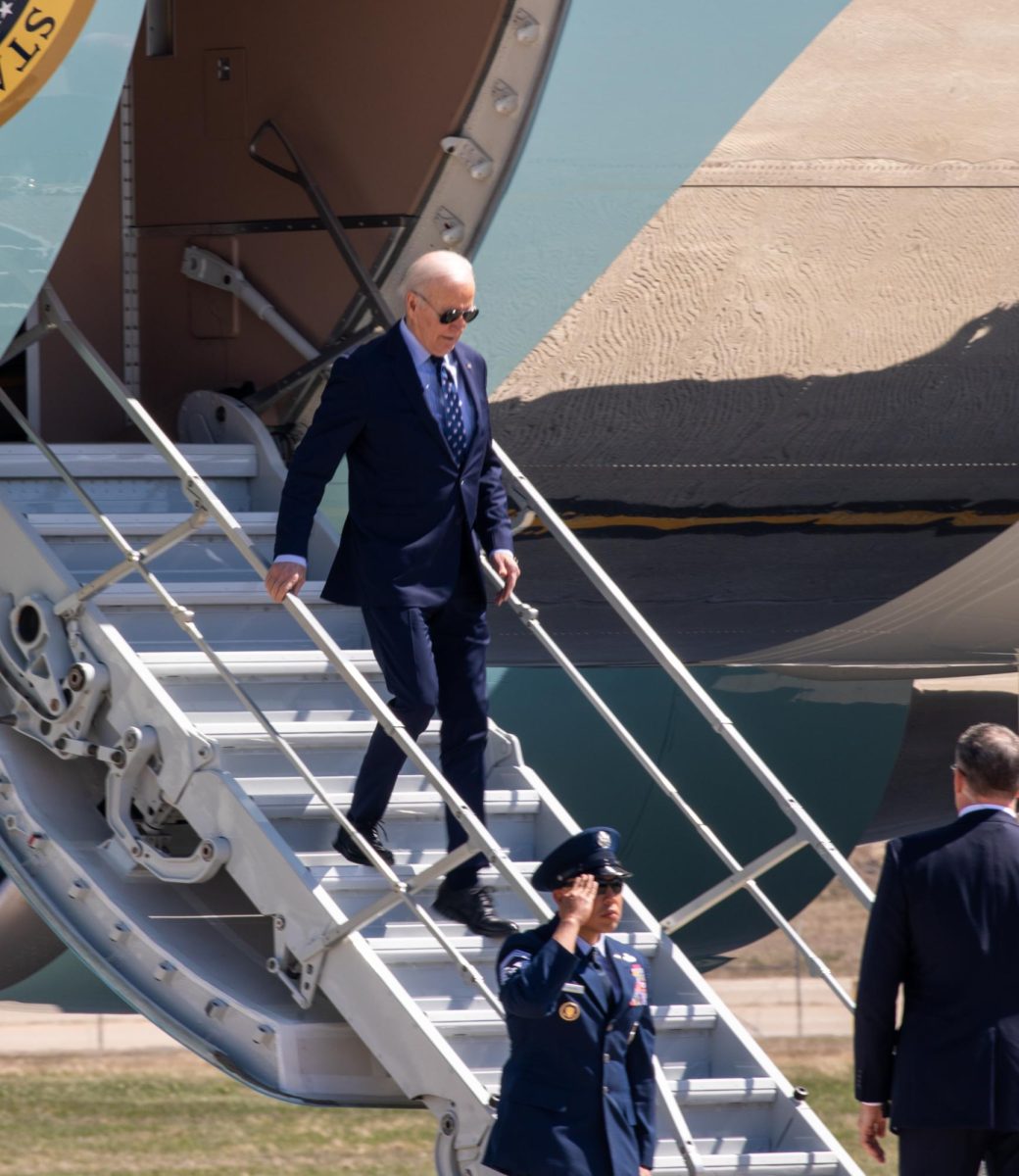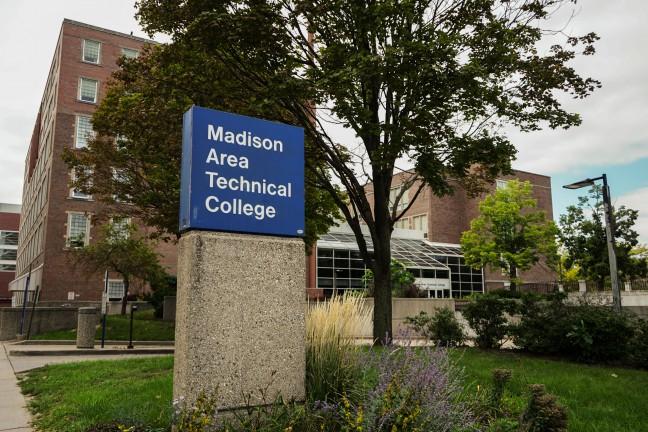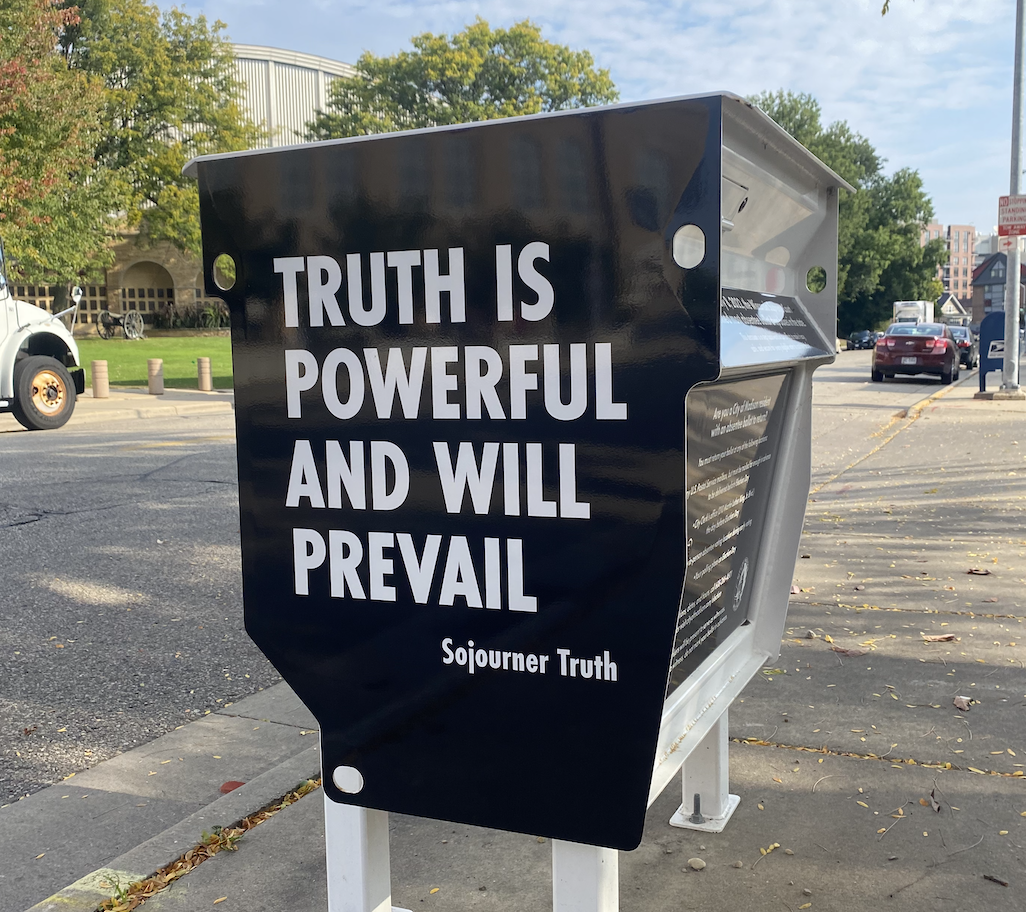I attended the affirmative action debate this Tuesday, and I have never been more embarrassed to be a Badger. I expected to see a contentious debate, yet all I saw was a group of disrespectful, closed-minded students unwilling to even listen to those with a different viewpoint.
I am a supporter of affirmative action at our university. I support efforts to promote diversity within our graduate programs. What I do not support, however, is groups of thugs breaking into a hotel to disrupt a press conference of a group they disagree with. I do not support students laughing at and shouting down a guest to our university (no matter what their viewpoint). I do not support a mass effort to inappropriately frame a debate topic in order to inflame a political response. This behavior is what I have issue with, not the substance of the student’s argument.
How is it that Columbia University can have Mahmoud Ahmadinejad, one of the world’s most brutal dictators and hate-mongers, visit their university for a civil debate every few years, and yet the students of the University of Wisconsin-Madison cannot appropriately handle themselves in a fairly common and reasonable political debate? This is because, like it or not, the battle of affirmative action is not a cut-and-dried issue and, as members of this university, we should all be open to learning more about the subject. A 2009 Pew Research poll showed the United States divided 70 percent in support of and 25 percent against affirmative action. These numbers certainly show that this is a debate worth having.
Our university benefits from heated debates and genuine disagreements. Such exchanges enlighten us all and sharpen our viewpoints. If we become a place where opposing, unpopular views are shouted down and those who possess those beliefs are subject to criminal behavior, our educational experience will suffer, and we will lose our place among the world’s top universities.
Putting all political issues aside, we must be civil to each other, we must listen to each other and, most importantly, we must respect each other. These are the cornerstones of academic debate, and without them we will be left to attend a university where we learn in a pool of our own beliefs – never having to face the mere annoyance of dealing with those who disagree with us.
William L. Brown
3rd Year Law Student


